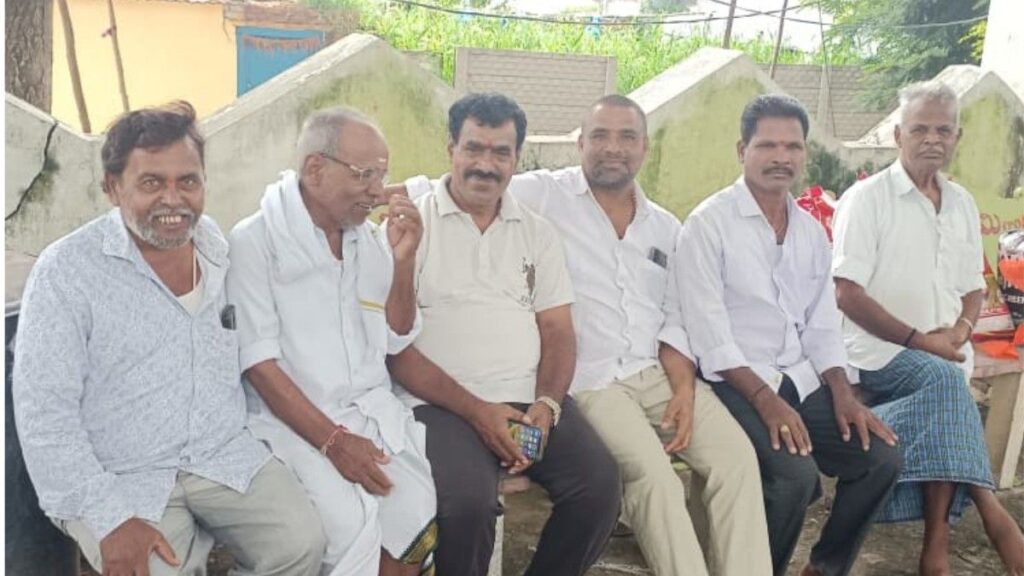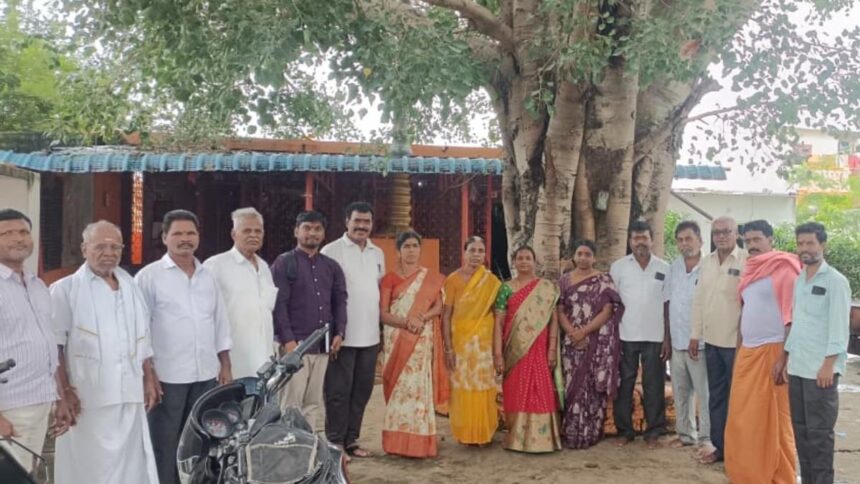Date: 02-09-2025
Location: Imambad Village, Siddipet, Telangana
As part of the Farmer Empowerment Project, a field visit was conducted to Imambad Village in Siddipet, Telangana, with the aim of gaining firsthand Insights from Imambad into the current agricultural practices and challenges faced by local farmers. The primary focus of the visit was on vegetable cultivation, marketing issues, and potential interventions that could create stronger, more sustainable agricultural systems for the community.
Understanding Current Farming Practices
During the visit, interactions were held with 15 farmers, who also shared insights on behalf of about 45 additional vegetable farmers in the region. These discussions painted a clear picture of the community’s dedication to agriculture. Farmers here engage in continuous vegetable cultivation throughout the year, making use of crop rotation techniques to maintain soil fertility and manage pests.
This practice not only reflects their strong agricultural foundation but also shows the resilience of the community in adapting to seasonal challenges and sustaining production.
Marketing Challenges Faced by Farmers : Insights from Imambad
Despite their dedication, farmers in Imambad face significant hurdles when it comes to marketing their produce. The main challenge lies in securing fair prices, as they remain vulnerable to market instability, price fluctuations, and exploitation by middlemen.
One key gap identified during the visit was the lack of structured aggregation and quality control systems. Without standardized grading, packaging, and collective bargaining, farmers struggle to access larger or more profitable markets. This restricts their income and leaves them with little negotiating power.
Potential Interventions for Sustainable Growth
The observations from the visit point to a clear path for empowering farmers and strengthening their agricultural practices:
- Formation of Farmer Collectives/Producer Groups: Encouraging farmers to come together will increase their bargaining power and reduce dependence on intermediaries.
- Post-Harvest Training and Infrastructure: Equipping farmers with tools and knowledge for sorting, grading, and packaging will improve produce quality and marketability.
- Direct Market Linkages: Connecting farmers to institutional buyers, retailers, and digital platforms can create stable and transparent market opportunities.

Conclusion: Insights from Imambad Village Farmers
The field visit to Imambad Village highlighted both the strengths and struggles of local farming practices. These Insights from Imambad showed that while the farmers have a strong foundation in continuous vegetable cultivation, systemic challenges in marketing and price realization hinder their progress. By introducing collective action, post-harvest support, and direct market access, there is immense potential to transform these challenges into opportunities.
Such Insights from Imambad not only promise better incomes and reduced reliance on middlemen but also pave the way for long-term sustainability in agriculture, ensuring that the farmers of Imambad Village can thrive in an increasingly competitive market.




